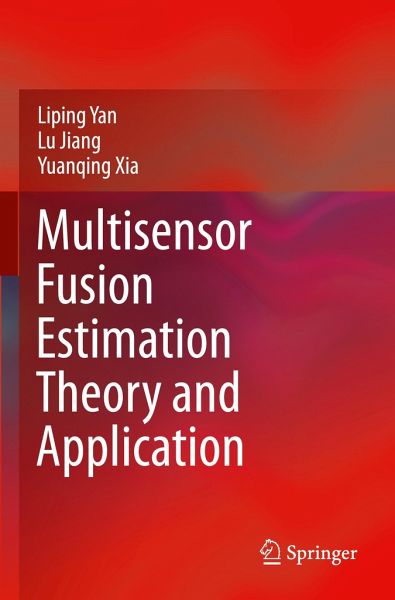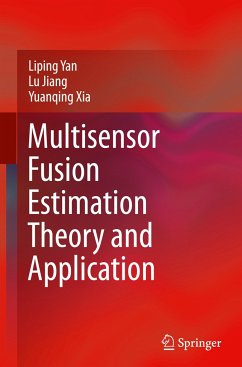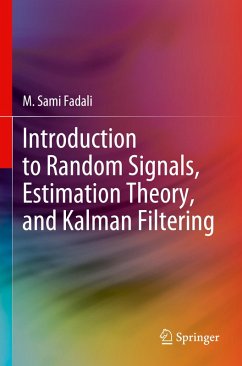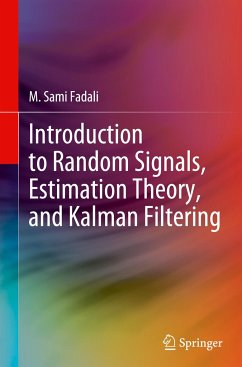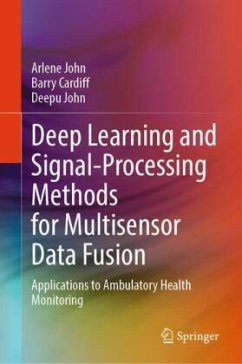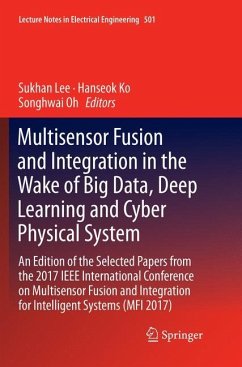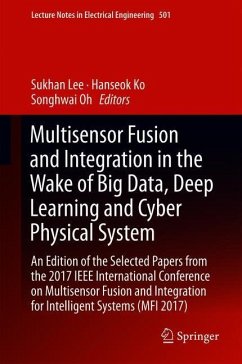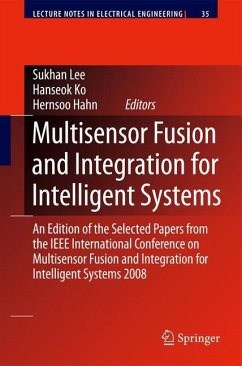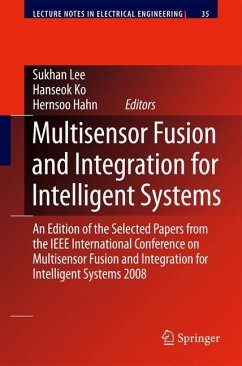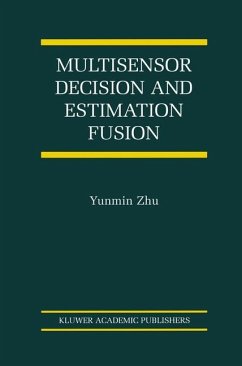Liping Yan was born in Henan Province, China, in 1979. She received her B.S. degree and M.S. degree both in Mathematics from Henan University, Kaifeng city, Henan Province, P. R. China, in 2000 and 2003, respectively, and received her Ph.D. degree in Control Science and Engineering from Tsinghua University, Beijing, China, in 2007. From January 2007 to July 2009, she was a Postdoctoral Research Associate in the Equipment Academy of Airforce. Since July 2009, she has been with the School of Automatic Control, Beijing Institute of Technology, Beijing, first as an Assistant Professor, then, since 2011, as an Associate Professor. From March 2012 to March 2013, supported by CSC, she was a Visiting Scholar in the University of New Orleans, New Orleans, LA, USA. From September 2018 to August 2019, supported by CSC, she was a Visiting Scholar in the University of Windsor, Windsor, ON, Canada. She has co-authored five books and more than 60 journal and conference papers. Currently, she is an Associate Professor and Ph.D. supervisor in BIT. Her research interests include multisensor data fusion, state estimation, image registration, intelligent navigation and integrated navigation, etc. Lu Jiang was born in Shandong Province, China, in 1990. She received her B.S. degree in Automation from Qingdao University, Qingdao city, Shandong Province, P. R. China, in 2013, and received her Ph.D. degree in Control Science and Engineering from Beijing Institute of Technology, Beijing, China, in 2019. She is currently an Assistant Professor in Beijing Technology and Business University. Her research interests include multisensor data fusion, optimal state estimation, etc. Yuanqing Xia was born in Anhui Province, China, in 1971, and graduated from the Department of Mathematics, Chuzhou University, Chuzhou, China, in 1991. He received his M.S. degree in Fundamental Mathematics from Anhui University, China, in 1998, and his Ph.D. degree in Control Theory and Control Engineering from Beijing University of Aeronautics and Astronautics, Beijing, China, in 2001. From 1991 to 1995, he was with Tongcheng Middle School, Anhui, China, where he worked as a teacher. During January 2002 to November 2003, he was a Postdoctoral Research Associate in the Institute of Systems Science, Academy of Mathematics and System Sciences, Chinese Academy of Sciences, Beijing, China, where he worked on navigation, guidance and control. From November 2003 to February 2004, he was with the National University of Singapore as a Research Fellow, where he worked on variable structure control. From February 2004 to February 2006, he was with the University of Glamorgan, Pontypridd, UK, as a Research Fellow, where he worked on networked control systems. From February 2007 to June 2008, he was a Guest Professor with Innsbruck Medical University, Innsbruck, Austria, where he worked on biomedical signal processing. Since July 2004, he has been with the Department of Automatic Control, Beijing Institute of Technology, Beijing, first as an Associate Professor, then, since 2008, as a Professor, and in 2012, he was appointed as Xu Teli Distinguished Professor in Beijing Institute of Technology and obtained National Science Foundation for Distinguished Young Scholars of China. His current research interests are in the fields of networked control systems, robust control, active disturbance rejection control and flight control. He has published eight monographs in Springer and John Wiley and more than 100 papers in journals. He is a Deputy Editor of the Journal of Beijing Institute of Technology, Associate Editor of Acta Automatica Sinica, Control Theory and Applications, International Journal of Innovative Computing, Information and Control. He obtained Second Award of Beijing Municipal Science and Technology (No.1) in 2010, Second National Award for Science and Technology (No.2) in 2011 and second natural science award of The Ministry of Education (No.1) in 2012.
